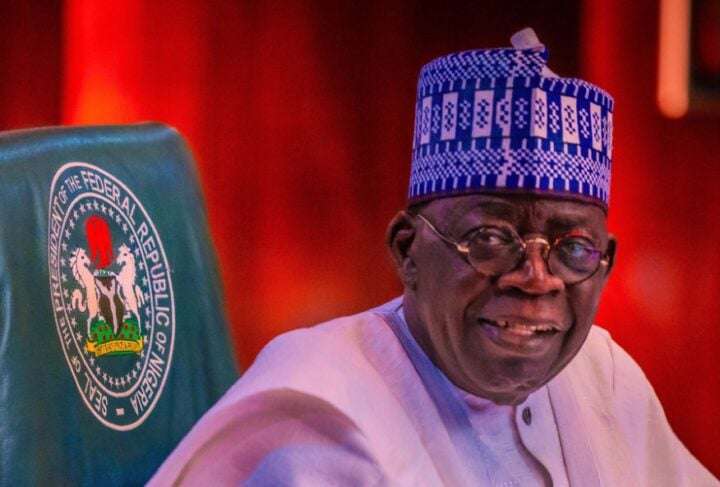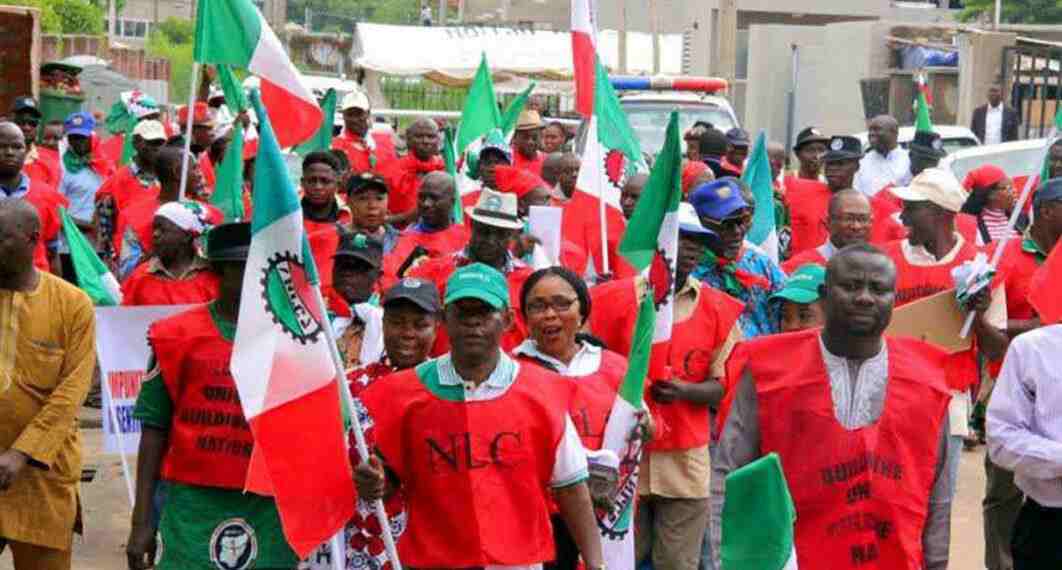Business
Subsidy: Nigerians adopt survival strategies over fare hike

By Tumininu Ojelabi Hassan
The removal of fuel subsidy amidst the economy crisis is taking a toll on the finances of Nigerians, thereby forcing them to adopt survival strategies to ease the pressure of the new reality.
Our correspondent interacted with people on the streets of Lagos, who lamented their experiences since the removal of fuel subsidy, the difficulties encountered due to fuel price hike and how they are coping with the resultant rise in transport fares.
Bola Oyekan, an accountant, who resides in Iyana Ipaja area of Lagos and works in Victoria Island, explained how ride-sharing helped her save cost since the removal of fuel subsidy.
“I spend about N2400 on transport on a daily basis. If this is calculated for four weeks, that’s about 40% of my salary. When bus drivers increased fares following the fuel price hike, I knew I couldn’t cope with the new price because it makes absolutely no sense to spend almost N3000 on transport daily.
“This prompted me to ask if any resident drives to work from Iyana ipaja to Victoria Island on my estate whatsapp group chat. Luckily, I got someone. Three other residents, who also work in Victoria Island showed interest and since then we have been going to work together.
“On days when we close from work almost at the same time, we come back together. Instead of spending almost N3000 , I spend just N1500 on transport, which is affordable considering the current situation in the country,” she explained.
Kelechi Anyanwu, a computer engineer who resides in Alapere area of Lagos state and works at Marina, Lagos narrated how picking passengers at the bus stop at a reduced price helped him save cost.
“When the fuel price was increased to N500 per liter, I realised I will be spending 65% of my salary on just fuel because everyday, I spend N5000 on 10 litres of fuel, amounting to N25000 weekly. I had to restrategise and come up with ways to make extra funds, at least, to reduce cost.
“I started picking people from Estate bus stop to Obalende/CMS at N500 each. On my way back from work, I pick passengers from CMS to Estate at N500 each. N1000 x 4 amounts to N4000 everyday. Picking passengers has helped me make N4000,” he stated.
A makeup artist based in Isheri-Idimu, Lagos shared her ordeal last week when she went to Osapa London, Lekki for a home service makeup session. Damilola claimed her trip on a ride-hailing app from Osapa London, Lekki to Isheri Idimu was N11,500. She complained bitterly, saying she ran at a loss and this would make her review her rates to accommodate the hike in transport price to avoid running at a loss.
Some users of Ride hailing apps claimed drivers requested for N1000 extra to add to the fare as the estimated price on the app wasn’t favourable, considering the hike in fuel price. A lot of customers considered this as extortion as the estimated price on ride hailing app was ridiculously high.
Following the announcement of fuel subsidy removal by President Bola Tinubu, a lot of people especially 9-5 workers have resorted to boarding BRT to work to save cost.
Sola Adekoya, an Executive assistant residing in Ikorodu, explained how she saved cost by leaving home as early as 4:30am to meet up with the BRT going to TBS so she could save money. According to Sola, boarding regular buses is very expensive now due to the fuel price hike.
“With BRT, I spend about N1500 on transport on a daily basis, with regular buses my transport fare will amount to N2500. I leave home as early as 4:30am, I get to the BRT terminal at 4:50am, sometimes 5am. Before 6am, I am on my way to work.
“Boarding BRT is my best bet, boarding regular buses will make me spend almost double, so I’m always time conscious. I close from work at 4pm, I leave my office at 4:10pm to meet up with the BRT at TBS,” she narrated.
Frank Eno, who runs a tech firm in Lagos adopted the hybrid work mode. His staff members only go to the office two days in a week and work from home three days in a week to enable them save money on transport.
A commuter, who identified himself as Abdul Bello, said he was angry when he boarded a bus from Ikeja to Egbeda for N400, which used to be N200.
“I waited for over 30 minutes before the bus got filled up. People insisted they couldn’t pay N400. Honestly, I think it’s not fair to make lives unbearable for ourselves. We understand the fact that fuel is now expensive but that’s not an excuse to collect N400 from each passenger.
“It’s daylight robbery, motorists usually seize every opportunity to hike the price of bus, they don’t care if people can afford it or not. I think we are our own problem, we don’t put ourselves into consideration at all,” he decried.
Another cost reduction measure people have adopted is time management. Charles Ijele, a digital marketer explained how being time conscious has helped him save money and time spent in traffic.
“I reside at Ogudu and work at Lekki. I leave home at 5am every day to avoid being late to work and also wait till 7:30pm before leaving my office. Fares are usually cheaper early in the morning and late at night.
“I don’t go out during rush hours to avoid spending much money and wasting productive time in traffic. I spend about N1500 daily on transport instead of N2000,” he stated.
Tomiwa Aziengbe, a freelancer writer said he stopped going out everyday since the removal of fuel subsidy.
“Instead of going out everyday, all I do is make calls or set up a meeting via zoom. I only go out when it’s extremely important to go out. I have gone out just four times since May 29th,” he said.
Azeez Alimi, a tricycle driver, who plies the Ketu to Secretariat route, said he spends N7,000 on fuel daily.
“I bought N7000 fuel today instead of the previous N3000. After paying NURTW money. I have just N9000 left and I have to deliver N5000 daily to the owner of the Keke Napep. That’s why we started charging N200 per person, it used to be N100 but N100 can’t work anymore as it will be a loss for us,” he clarified.
Recall that, President Bola Tinubu announced on May 29th, 2023 that “subsidy is gone” while delivering his inaugural speech at Eagle Square, Abuja.
In response to the new development, the Nigerian National Petroleum Company Limited (NNPCL) on May 31st approved a review in the pump price of fuel nationwide, increasing the price to N500 per liter from the previous price at N189 per liter. The approval took effect from Wednesday, 31 May, 20203, the NNPCL stated in a circular.








